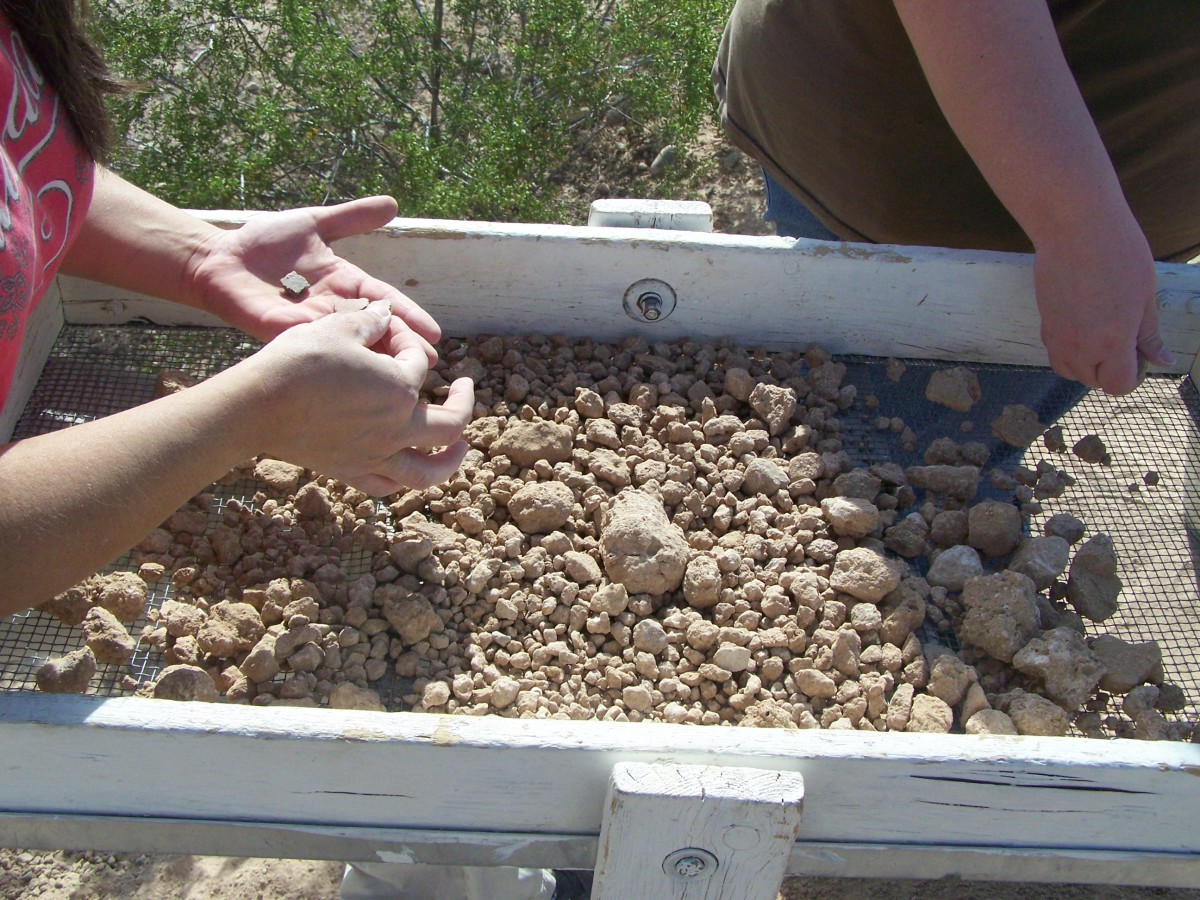Digging the Job: Archaeologist Skills

© 2012 by Aurelio Locsin.
Like anthropologists, archaeologists study the development, languages and cultures of human beings. However, while anthropologists focus on the present and living persons, archaeologists look to the past at people that are long dead. Archaeologists cannot observe their subjects to further their knowledge. Instead, they must study historical remains and written research.
Skills
Archaeologists must have good reading skills so they can comprehend existing information on their areas of specialty. They must be able to use scientific methods to come to conclusions, identify complex problems and develop solutions, and judge the costs and benefits of different investigation methods. They have to coordinate their activities with other members of an archaeological team by actively listening to others and explaining their methods and conclusions verbally. They must also have good writing skills so they can document their findings and request grant money to fund their expeditions.
Technology
The ability to use several types of manual and electronic tools are needed for success as archaeologists. These professionals travel to remote locations outdoors to uncover the past through the use of shovels and other digging instruments. They sift dirt to locate artifacts by using mesh sifting screens, align grids through the use of digital and laser line levels, and use calipers to measure artifacts. They must know how to visually record what they discover through the use of cameras and digital scanners. They must also be experts at several types of software. Databases catalog artifacts and dig information. Electronic mail allows communication with colleagues around the world. Imaging software enables the processing of photographs and map creation software pinpoints locations and gives directions.
Education
A master’s degree is the minimum requirement for becoming an archeologist. This program of study typically takes two years with field research, but must be built on an undergraduate degree that takes four years. A bachelor’s degree allows an internship, basic laboratory work or field experience. Heading an expedition, directing projects outside the United States, or engaging in more complex research mandates a Ph.D., which includes from 12 to 30 months spent in the field to complete a doctoral dissertation. Many archaeologists can become professors or museum curators.
Salaries
Archaeologists with the appropriate skills and education earned $28.39 per hour or $59,040 per year as of May 2011 according to the Bureau of Labor Statistics. However, salaries fell under $15.46 per hour or $32,160 per year, and rose to above $43.19 per hour or $89,840 per year. Most of these professionals worked for scientific research and development services where they averaged $25.10 per hour or $52,200 per year. The next biggest employer was the federal government. It boasted the highest wages for archaeologists at an average $35.09 per hour or $72,980 per year. REFERENCES
Resources
- U.S. Bureau of Labor Statistics
The Bureau of Labor Statistics is the principal fact-finding agency for the Federal Government in the broad field of labor economics and statistics. - O*NET OnLine
Job information tool by the U.S. Department of Labor.







